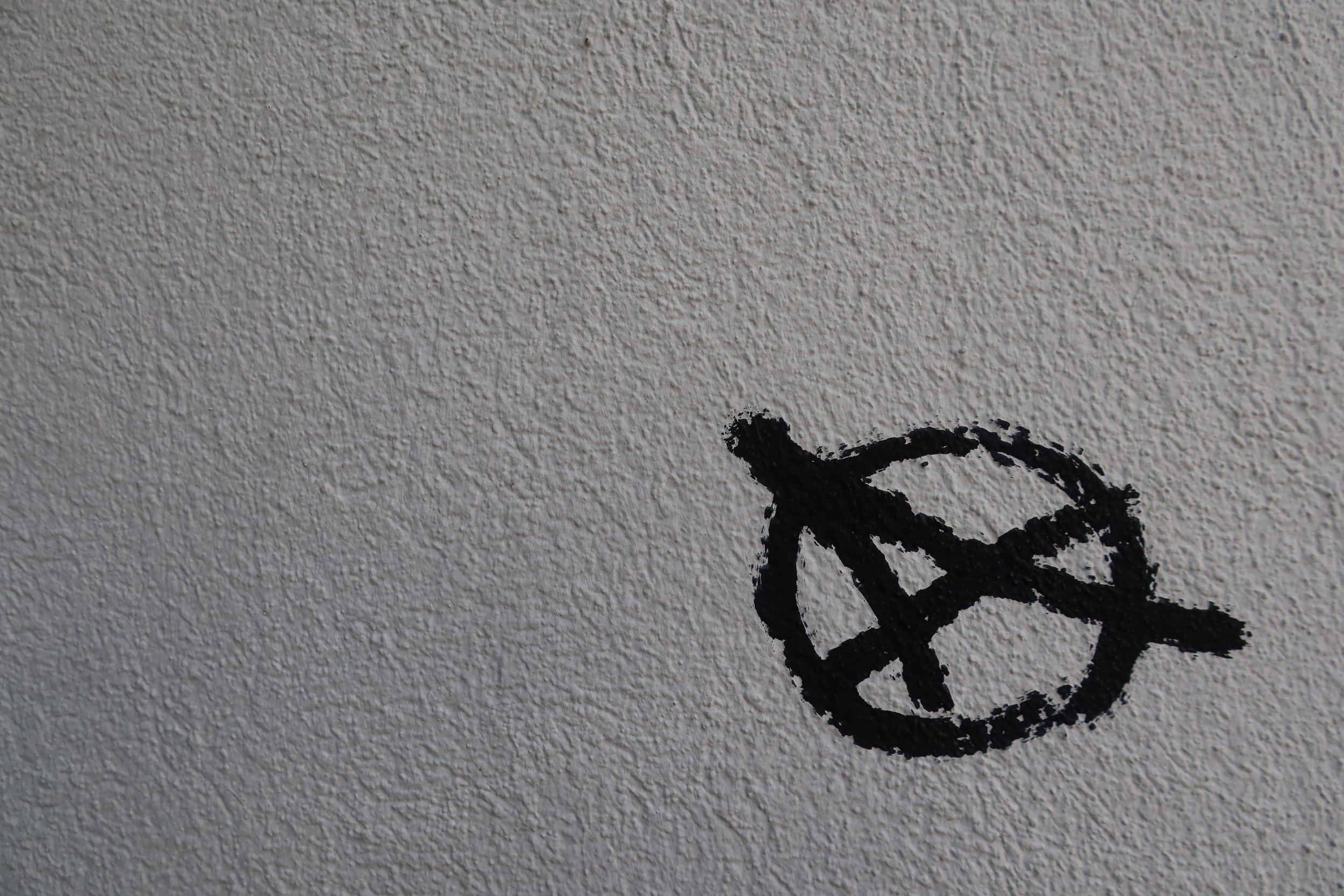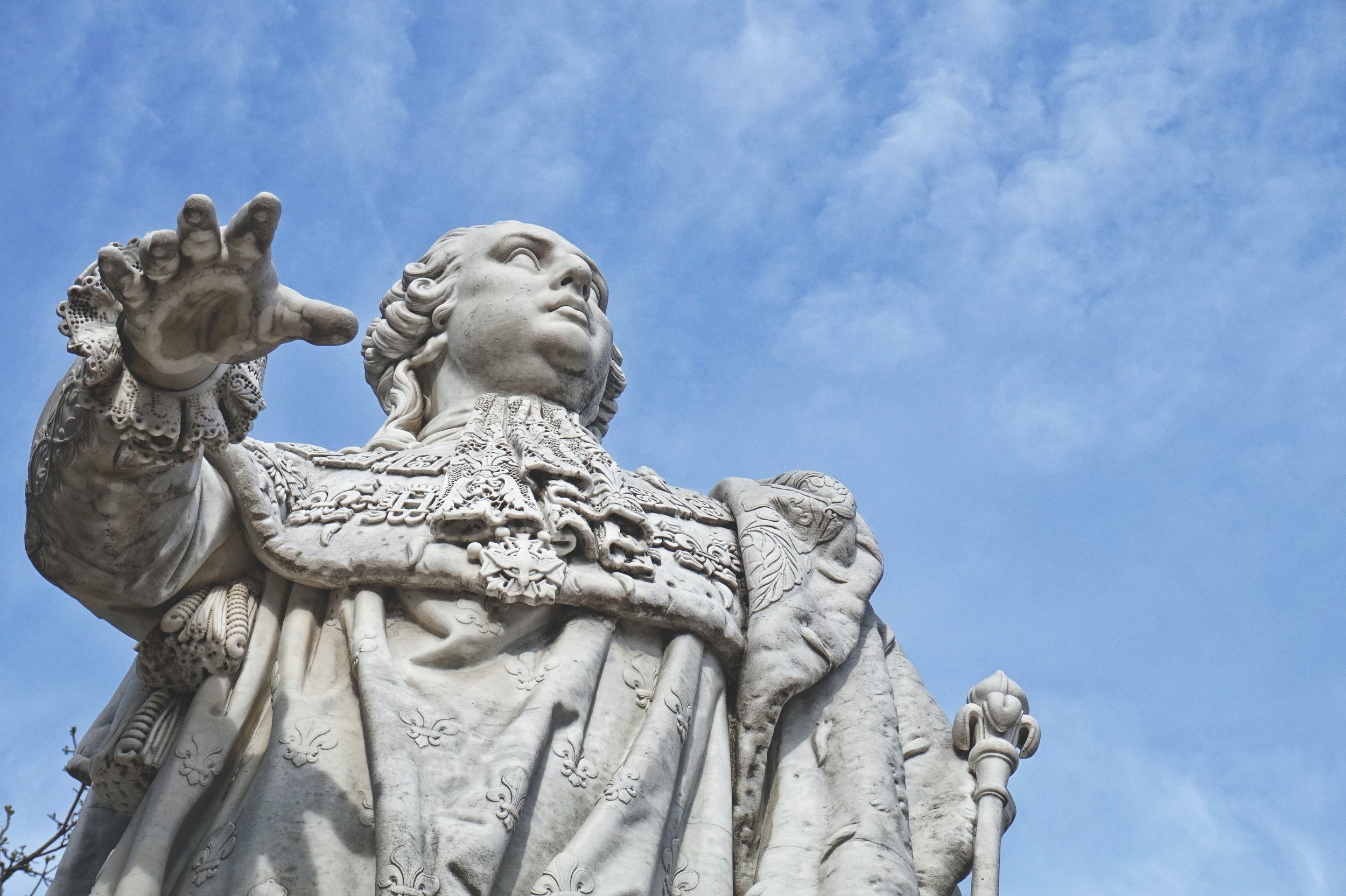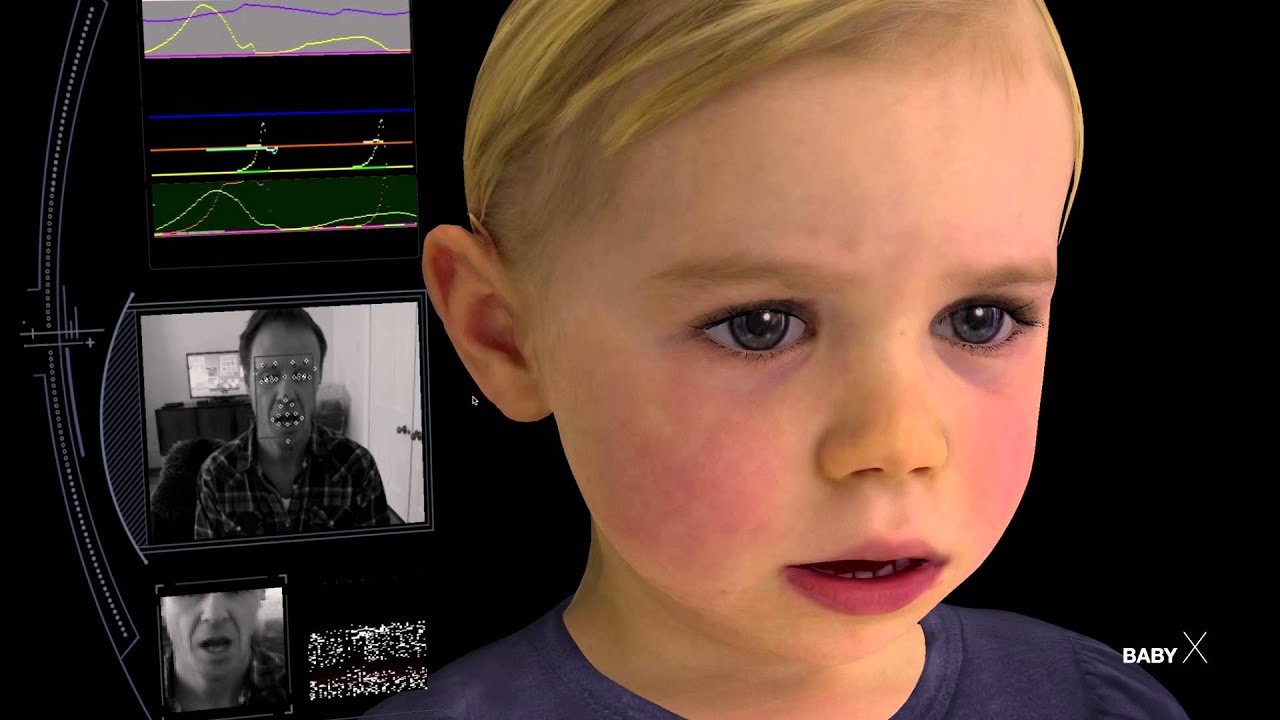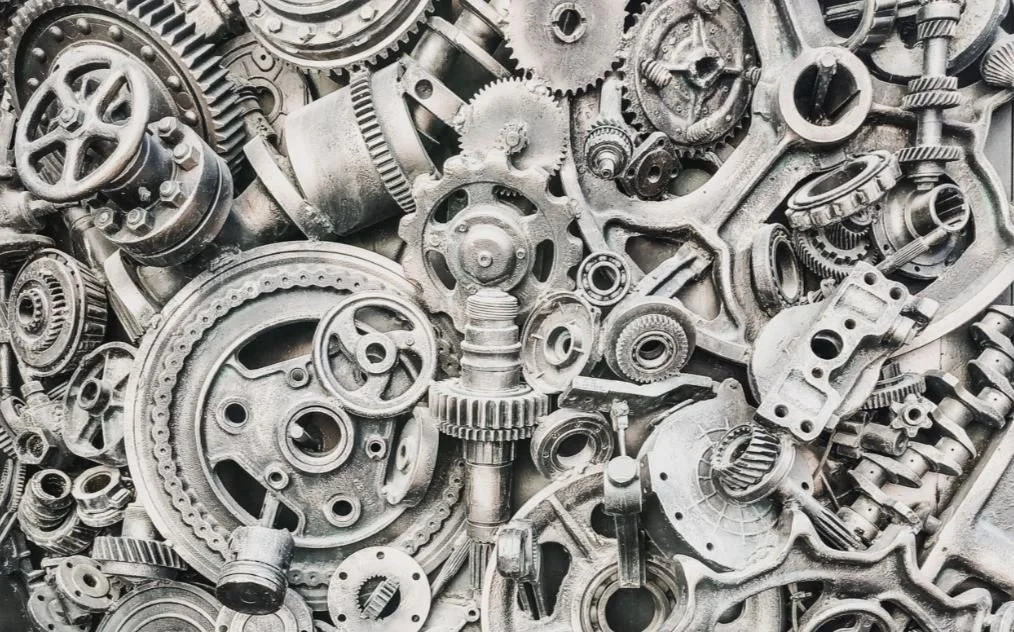

Time: An Alternate View and its Implications for Aquinas' Argument from First Cause
by Hugh Hagen
We tend to assume time is objective– something that, for many people, has always and will always exist to bind the universe and make change possible.

The Purpose of Existence
by Hugh Hagen
The purpose of existence is something that humans have wondered for millennia. The question I seek to answer is “Must Existence (as opposed to Nothingness or other possible versions of Existence) have a purpose?”

Why Do I Exist?
by Kevin Si
Ever since humans have been able to think, we’ve wondered, discussed, debated, and written about one crucial question. It has plagued philosophers’ minds for centuries, and even with the advance of modern science and ideology, no one, from the likes of Plato to Marx to Nietzsche, has agreed on a definite answer. Why are we here? Why does humanity exist? Do we serve a higher purpose, or are we just insignificant specks of carbon in an infinite universe? To generalize the question; What is the meaning of life?

The Illusion of Free Will
by Anurag Nambiar
As I write this article, it seems to be obvious that I am writing this out of my own free will. After all, aren’t I writing this all out through my own choice—didn’t I choose to spend this time behind a computer typing these letters out? In fact, I did not; I was going to write this whether or not I consciously chose to. There is no way I could have consciously chosen to write this or do any action. All actions, opinions, and thoughts are subconsciously decided.


Anarchism is Dystopia
by “William Buckley”
Anarchism is the theory that proposes abolishing any kind of hierarchical or authoritarian structures, especially the state. In the colloquial sense, “anarchy” tends to refer to political chaos, but this is not what most anarchists seek. Rather, anarchists believe that one can have rules without rulers, laws without lawmakers, and authority without hierarchy. How could this society (if you could call it that) be anything but the worst possible of all societies?

The So-Called Utopia of “2 B R 0 2 B”
by Daniel Coxon
“2 B R 0 2 B,” Kurt Vonnegut’s 1962 science fiction short story, imagines a future where old age and disease have both been solved. There are no prisons, wars, poverty, or any of the other ails of humanity, including unintentional death. However, due to subsequent problems of overpopulation, a system has been established to maintain a constant number of humans on Earth. Is this so-called “Happy Garden of Life” a utopia?

Hope for Tomorrow - The Politics of Utopian and Dystopian Literature
by Erika Lei
Dystopian fiction novels are touted as “cautionary tales” or “deep literature” by almost every literature teacher under the sun. It has become one of the most well known literary genres, and for good reason. Faced with the bleakness of the modern world, many seek comfort in knowing “it can be worse”. Yet, as Dystopian literature has grown larger and larger, it has become a parody of itself, stripped away from all original meaning and becoming yet another tool in enforcing the neoliberal world order.

What is Worth the Cost of Human Lives? — The Ethics of War
by Kevin Si
What (if any) justifications are there for war? Are there any intentions noble enough to justify bloodshed? Since wars have historically been intense armed conflicts between groups of enemies which often end in the loss of lives and property, it is probably best to measure the effect of war by the loss of human life. Perhaps we can ask a simpler question: What is worth the cost of human lives?

“Nasty, Brutish, and Short”—An Analysis of Hobbes’ Social Contract Theory
by Jake Lee
Thomas Hobbes’ Leviathan is a seminal work on Social Contract Theory. In an era of the “divine right of kings”, Hobbes formulates a system that, despite lacking the objectivity that comes with a supreme power, is just as capable of stability and morality. However, the goals and conclusions of the Hobbesian Social Contract Theory are self-contradictory.


An Interview with Dr. Mark Sagar
by Jake Lee
Dr. Mark Sagar is the CEO of Soul Machines and Director of the Laboratory of Animate Technologies at the Auckland Bioengineering Institute.
He was recently celebrated as New Zealand’s 2022 Innovator of the Year. In this interview, we discuss the role of Artificial Intelligence in day-to-day human experiences, and the utility of the “humanization” and emotional aspects of AI.

How Can We Live an Authentic Life?
by Corbin Aquino
Our lives are directed and defined by society. Many find order in this society and call it “functional” to the extent that its flaws have not yet led to its collapse, but this categorization alludes to a personal complacency and satisfaction that hinders us from a more beautiful liberation.

The Soul and Personhood
by Dominic Taranto
Personhood is a very hard thing to pin down. What makes a person who they are? Is it their memories? It seems not, as a person with amnesia is still the same person despite their inability to properly interact. Is it the makeup of a person’s body? Again, this doesn’t quite seem to make sense. Therefore, personhood has to be determined by something non-physical. There must be a soul.

Only You Exist, So Why Not be Friends with Robots?
by Jake Lee
When we make the decision to trust our often faulty perceptions and call another person a friend, rather than an unknown, we ought to do the same with robots. The choice to base personhood on DNA or internal mechanisms or souls is just as arbitrary, if not more so, than choosing simply because it is the most logical and practical. Therefore, we ought to take our limitations as freedom to choose our friends, whether flesh or metal.


Evil Proves God
by Dominic Taranto
The Problem of Evil is often used by atheists and agnostics to try to disprove God. How could an omnibenevolent (all-good) and omnipotent (all-powerful) God allow evil? He is either not all powerful because He cannot stop it, or is not all good because He wants evil. However, I would like to turn this problem on its head. The existence of evil does not disprove God. It proves Him.

6 Philosophers on How to Live Life
by Daniel Coxson
People look to the words of past thinkers to identify what they are supposed to do with their life. Is what I’m doing right? How can I make the world better than how I found it? The good news is that there are hundreds of people who want to help you answer these questions. The bad news is that nearly all of them disagree.

Malleable Egoism
by Jake Lee
A person who spends their money on luxury goods is an egoist, because they only want to increase their personal pleasure.
A person who donates their time and money to charities is an egoist, because they want to show off their wealth to others, thereby increasing their own pleasure.
According to Psychological Egoism, all actions are motivated only by self-interest. Altruism, in all senses, does not exist.